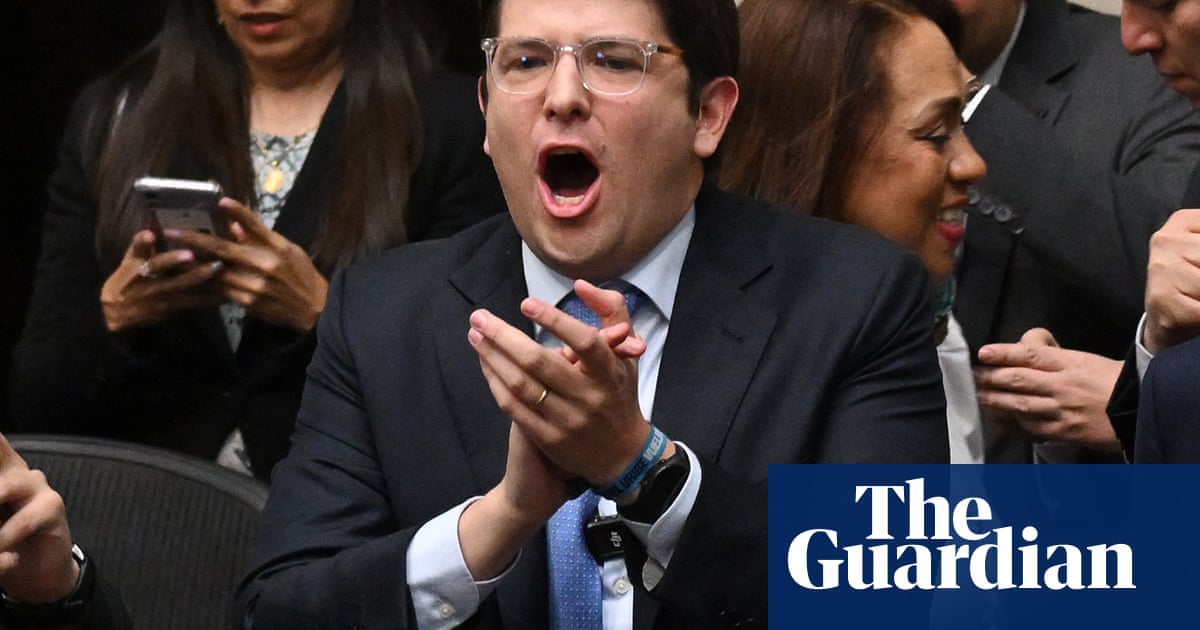The news regarding Colombian presidential candidate Miguel Uribe being shot at a campaign event raises significant concerns about political violence and its implications for Colombia's political landscape. The incident not only highlights the risks faced by political figures in the country but also reflects broader societal issues related to safety and stability.
Motivation Behind the Report
This news serves to inform the public about a serious incident involving a political candidate, emphasizing the dangers associated with political campaigning in Colombia. The attack on Uribe may be aimed at galvanizing public support for him and his party by portraying them as victims of violence. Additionally, it might also be intended to prompt discussions around political security and the need for protective measures for candidates.
Perception and Public Sentiment
The report seeks to evoke a sense of urgency and concern among the populace regarding political violence. By detailing the circumstances of the attack and the response from government officials, it aims to foster a narrative of solidarity against violence and a call for justice. The emotional resonance of Uribe's family history, particularly the trauma experienced by his mother, serves to deepen the public's empathy towards him.
Potential Concealments
While the article focuses on the immediate incident, there may be underlying issues that are not addressed, such as the broader context of political violence in Colombia, ongoing tensions among political factions, and the implications for the upcoming election. The emphasis on the attack might distract from other pertinent socio-political issues that require attention.
Validity of the Report
The information provided seems credible, given the involvement of government officials and the presence of law enforcement in the investigation. However, the lack of detailed updates on Uribe's condition could suggest the possibility of withholding information to control the narrative surrounding the event.
Impacts on Society and Politics
This event could trigger heightened security measures for political candidates and potentially influence voter sentiments in the lead-up to the 2026 presidential elections. It might also polarize public opinion, as different political factions respond to the incident in varied ways, either condemning the violence or using it to advance their political agendas.
Community Support Dynamics
The news may resonate more with conservative and opposition supporters who view Uribe as a representative of their political interests. On the other hand, it could alienate those who oppose his party, leading to further divisions within the electorate.
Market Reactions
In terms of financial markets, such incidents can create volatility, particularly in sectors sensitive to political stability. Stocks related to security services or companies involved in political consulting might see increased interest, while broader market sentiment may be cautious until the situation stabilizes.
Global Context
From a geopolitical perspective, this incident highlights ongoing challenges in Latin America regarding political violence and governance, which might attract international attention. It reflects the fragility of democracy in regions where violence can influence electoral processes.
Use of AI in Reporting
There is a possibility that AI tools were used in the drafting of this article, particularly in structuring the information and ensuring clarity. However, the emotive language and narrative style suggest human oversight in capturing the emotional weight of the situation, particularly in referencing Uribe's family history.
Manipulative Elements
While the article serves to inform, it may also have manipulative aspects, especially if it aims to garner sympathy for Uribe or portray a specific political narrative. The choice of words and focus on emotional aspects may be intended to evoke a specific response from the audience.
Considering the above analysis, the reliability of the news appears to be moderate. While it presents credible information, the emotional framing and potential biases in narrative construction warrant cautious interpretation.
